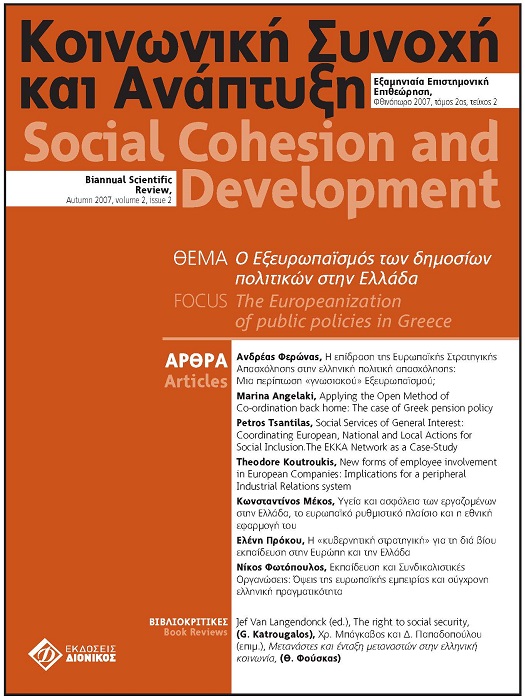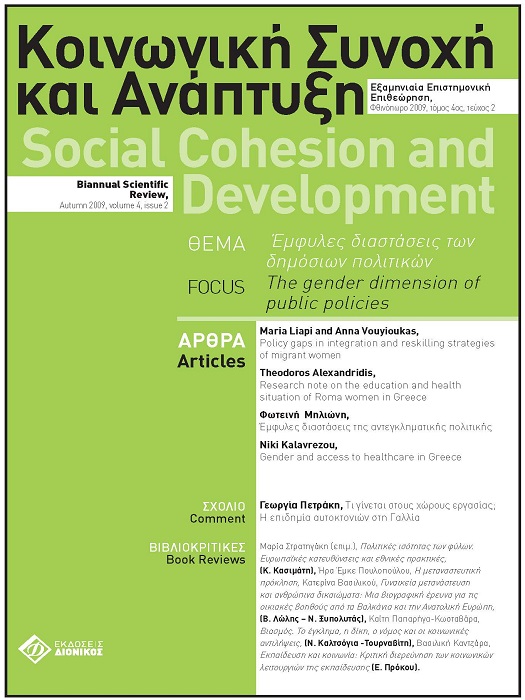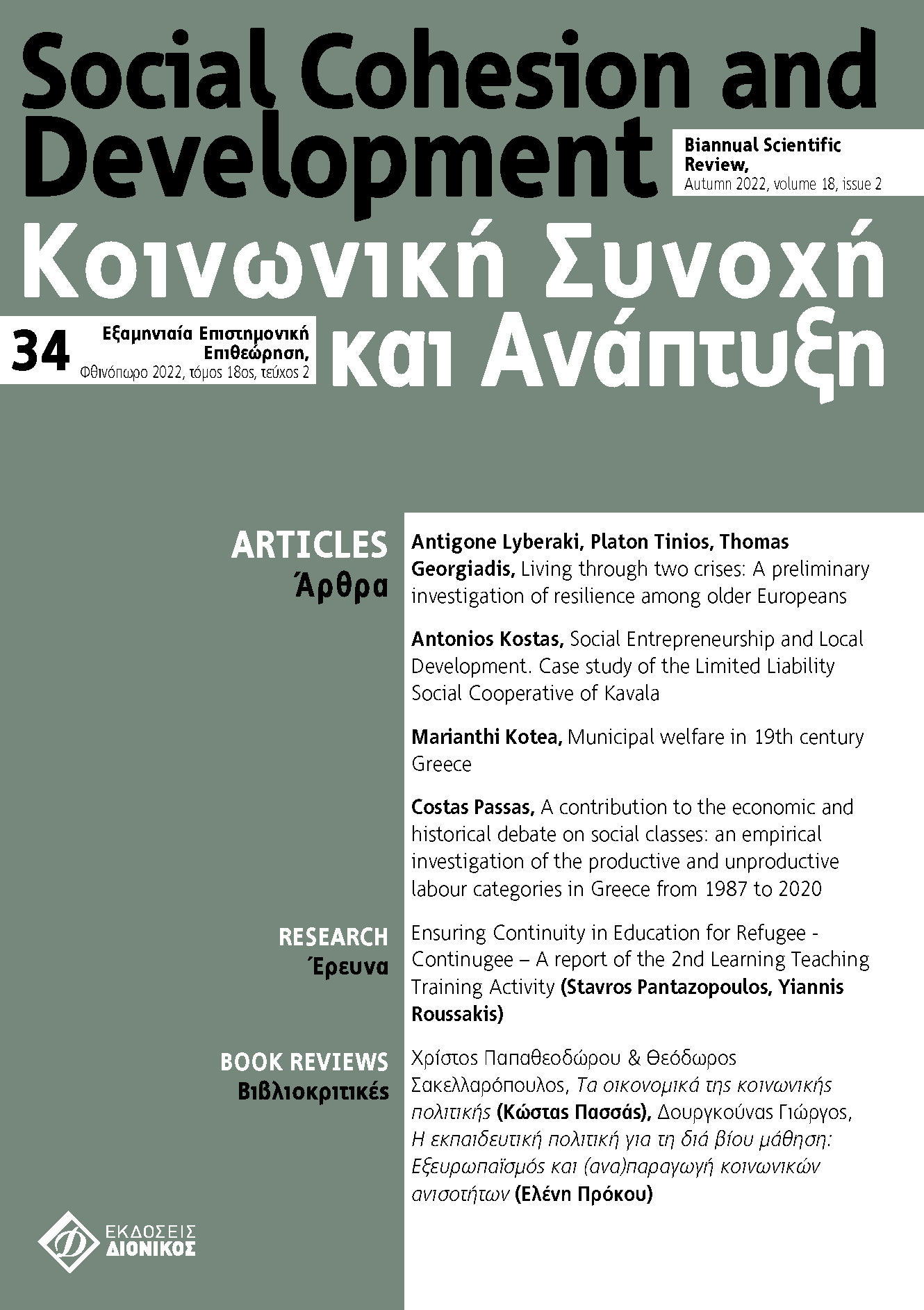The “governmental strategy” in lifelong education in Europe and Greece

Abstract
Since the early 1990s lifelong education in Greece has been formulated according to the “governmental strategy”; the lifelong learning system has been expanded and privatized to a significant extent, while responsibility for
participation in lifelong learning programmes facilitating entrance in the labor market has been passed on to the individual. The two basic goals for the establishment of the knowledge society relate to the enhancement of economic competitiveness and safeguarding social cohesion. Vocational training centers
(mainly private ones) acquired the biggest share of EU funds aimed at combating unemployment induced social exclusion. Focus was put on continuous vocational training with a parallel weakening of the general education provided to adults. The adopted strategy, by moving away from public educational policy
(through privatization and individualization) has ultimately hindered the attainment of social goals such as social inclusion and social cohesion.
Article Details
- How to Cite
-
Πρόκου Ε. (2016). The “governmental strategy” in lifelong education in Europe and Greece. Social Cohesion and Development, 2(2), 179–192. https://doi.org/10.12681/scad.9051
- Section
- Articles

This work is licensed under a Creative Commons Attribution-NonCommercial-ShareAlike 4.0 International License.
Authors who publish with this journal agree to the following terms:
- Authors retain copyright and grant the journal right of first publication with the work simultaneously licensed under a Creative Commons Attribution Non-Commercial License that allows others to share the work with an acknowledgement of the work's authorship and initial publication in this journal.
- Authors are able to enter into separate, additional contractual arrangements for the non-exclusive distribution of the journal's published version of the work (e.g. post it to an institutional repository or publish it in a book), with an acknowledgement of its initial publication in this journal.
- Authors are permitted and encouraged to post their work online (preferably in institutional repositories or on their website) prior to and during the submission process, as it can lead to productive exchanges, as well as earlier and greater citation of published work (See The Effect of Open Access).




